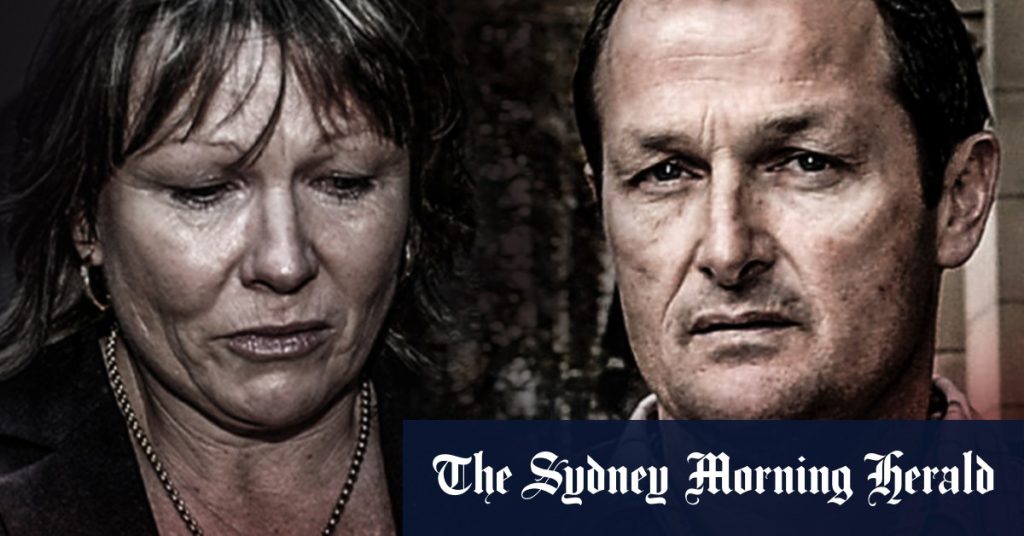The third episode of Trial By Water delves into the human elements of the case against Robert Farquharson, who was accused of murdering his three sons by driving his car into a dam in 2005. The prosecution presented six main threads of evidence to strengthen their case against him. One of the critical aspects explored in this episode is the issue of memory evidence, as it was discovered that witnesses in wrongful conviction cases had been willing to swear to things they could not have seen. This highlights the problematic nature of memory evidence in court cases.
A key focus in this episode is on the testimony of two of the prosecution’s star witnesses, Greg King and Dawn Waite. Greg King, a friend of Farquharson’s, claimed that Farquharson had outlined the plot to kill his sons just months before the incident. Dawn Waite came forward four years after the crash to testify that she had seen Farquharson driving erratically on the night of the crash and veering towards the dam. These testimonies played a significant role in building the case against Farquharson and were crucial pieces of evidence presented during the trial.
The use of memory evidence in court cases, as highlighted in this episode, is fraught with challenges and potential inaccuracies. The introduction of DNA evidence in the 1990s led to the exposure of wrongful convictions, often due to witnesses giving false testimony based on faulty memories. Researchers have found that memory evidence is unreliable and can be influenced by various factors, leading to potential miscarriages of justice. This raises important questions about the reliability of witness testimony and the impact it can have on legal proceedings.
The case against Robert Farquharson is complex and multi-faceted, with various threads of evidence being presented by the prosecution to prove his guilt. The testimonies of key witnesses, such as Greg King and Dawn Waite, were crucial in shaping the narrative of the case and convincing the jury of Farquharson’s guilt. The memory evidence provided by these witnesses was heavily scrutinized, highlighting the challenges and limitations of using memory evidence in court cases.
Listeners are encouraged to catch up on previous episodes of the podcast series to gain a comprehensive understanding of the Farquharson case and the various complexities involved. The Trial By Water podcast series offers a gripping and insightful look into the legal proceedings and human elements of this compelling case. By exploring the memory evidence and testimonies of key witnesses, listeners can gain a deeper appreciation of the challenges and intricacies of prosecuting a case of this nature. Tune in to uncover the truth behind the case against Robert Farquharson and the impact of memory evidence on legal proceedings.


